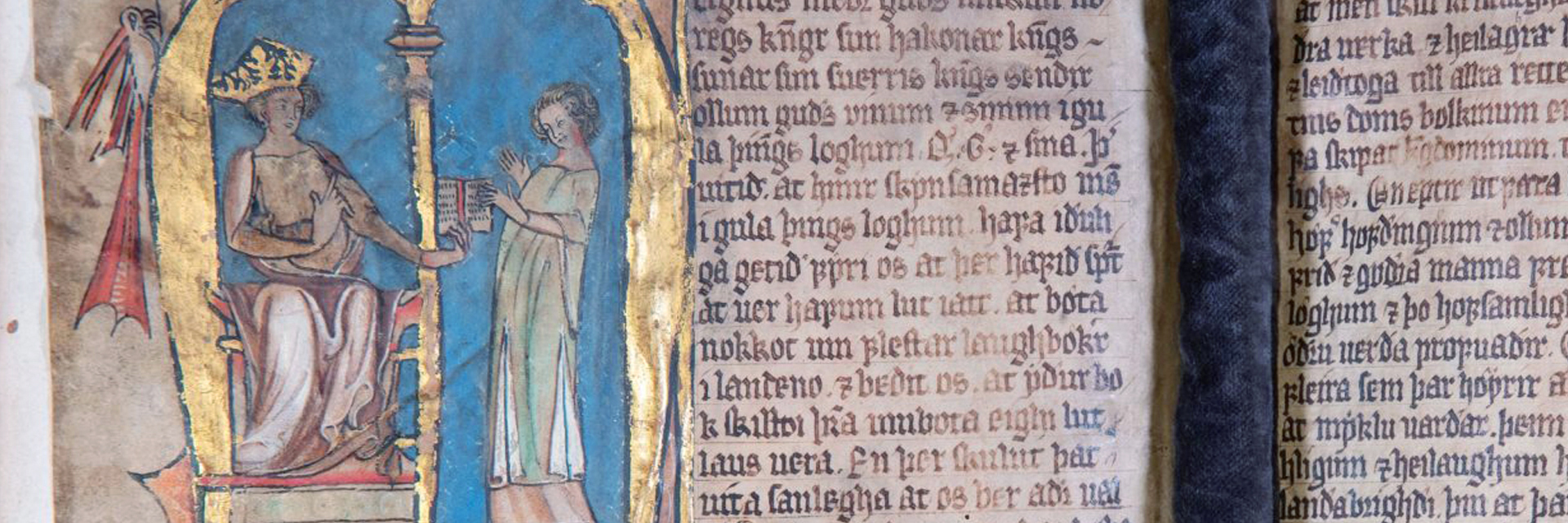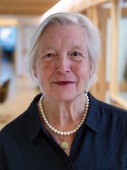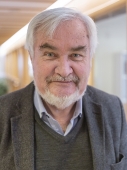Exciting news for history enthusiasts!
Social Governance Through Legislation
Social Governance Through Legislation

Principal investigators

Erik Opsahl

Abstract
Despite the historical uniqueness, and the political, legal and social importance of the Code of the Norwegian Realm of 1274 (N: Landslova, short: 'Code of 1274'), and later legislation, it is virtually unstudied. We aim to produce empirical and comparative knowledge on how politics, law and society changed with the introduction of legislation as an instrument of governance in the High and Late Middle Ages. Legislation, governance and the legal situation for marginal groups was debated in Europe in the High Middle Ages. Legislation was used to expand legal rights, and this changed the character of governance and society, and hence the legal culture. In the Norwegian realm the comprehensive and long lasting legislation of King Magnus VI the Law Mender 1274-1281 had a large potential to cause such political, social and legal change.
In Social governance through legislation, we will investigate not only the legal situation for marginal groups, but how politics, law and society changed with the introduction of legislation as an instrument of governance in the Middle Ages. This will be done by examining the role of law in political rhetoric and dialogue, the structures of governance and appliance of law, and the legal situation for marginal groups in society. The Law played an increasing role as a symbol and foundation for a Norwegian society and kingdom throughout the Middle Ages. Through a legal cultural approach, the different subthemes will be linked together and compared with the situation in the other Nordic countries and Scotland, and in other legal regimes in the Middle Ages.
We also have an ambition to develop the methodology for studying legal historical change by using a legal cultural approach to link law in politics, structures of governance and substantial and procedural law, and to compare change in different legal entities. To this, there will be added an historiographical investigation of the methods applied as a critical correction.
Fellows










Per G. Norseng


News
This month, Jørn Øyrehagen Sunde, professor at the Department of Public and International Law at the University of Oslo (UiO) and leader of the CAS project 'Social Governance Through Legislation' (co-led with Professor Erik Opsahl from NTNU in 2021/2022), delivered a lecture at The The Norwegian Academy of Science and Letters. The event, titled 'Magnus Lagabøters Landslov 750 År', took place on 18 January, marking a significant moment in both Norwegian and European legal history.


